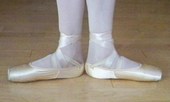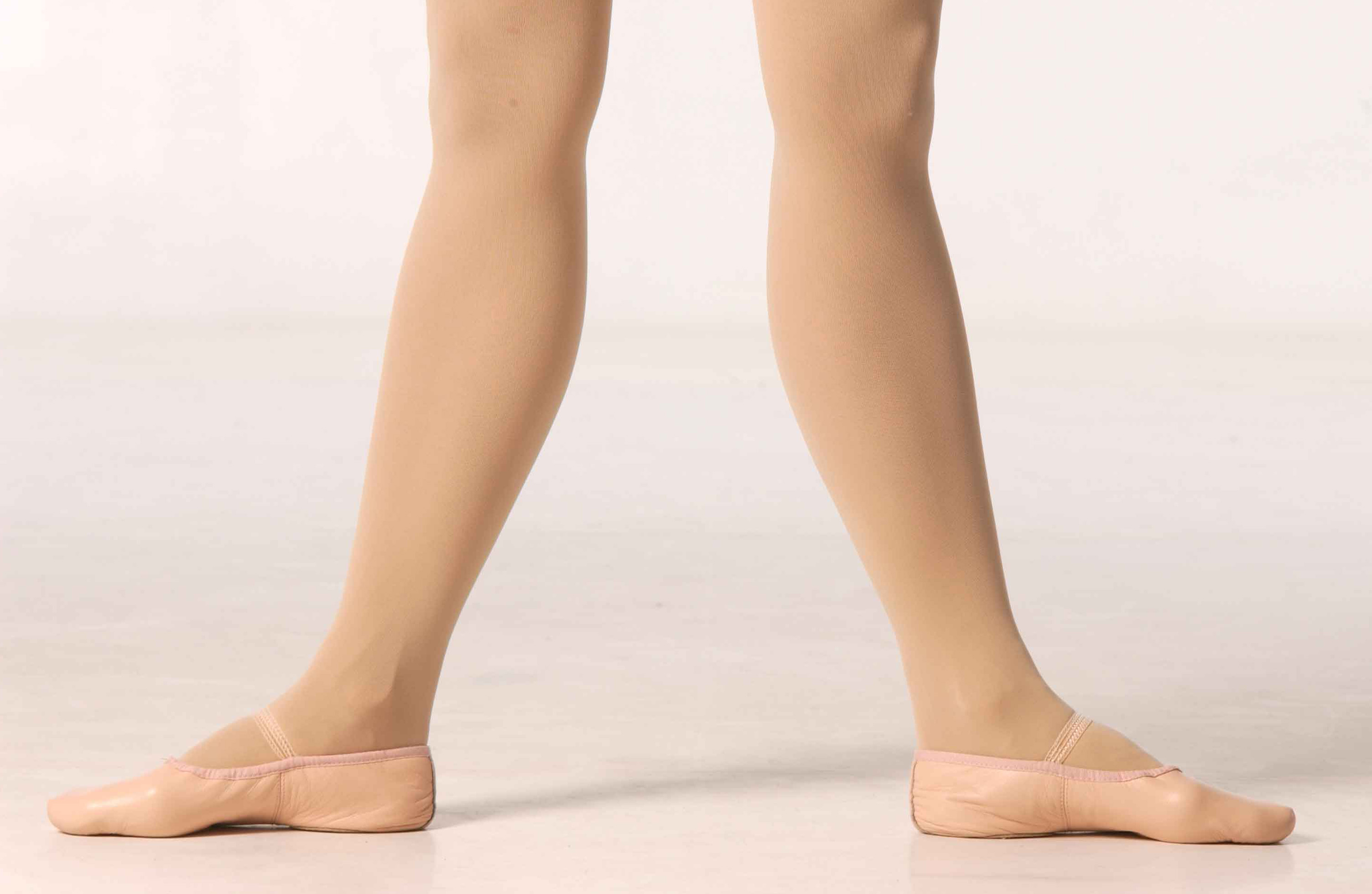Understanding of Voice Production:
Definition: The hollow muscular organ forming an air passage to the lungs and holding the vocal cords in humans and other mammals; the voice box.
Highly specialised structure atop the windpipe responsible for sound production, air passage during breathing and protecting the airway during swallowing.
Definition: The vocal folds are composed of twin foldings or mucous membrane stretched horizontally, from back to front, across the larynx. They vibrate, modulating the flow of air being expelled from the lungs during phonation.
"Fold-like" Soft tissues that is the main vibratory of the voice box; comprised of a cover (epithelium and superficial lamina propria), vocal ligament (intermediate and deep laminae propria), and body (thyroarytenoid muscle).
Opening between the two vocal folds; the glottis opens during the breathing and closes during swallowing and the sound production.
Vocal Technique in Performance for Actors:
As an actor you can practise Diction by reciting tongue twisters such as...
These first two are my overall favorites.
They are particularly good for achieving a crisp, frontal placement of consonants
The lips, the teeth, the tip of the tongue,
the tip of the tongue, the teeth, the lips. |
or work on your breathing by reciting scripts or poetry that sets challenges for you. For example trying to complete a whole piece without taking a breathe or allow yourself only limited breathing space through a Shakespearean acting piece, which mine is...
Constance: Thou art not holy to belie me so;
I am not mad: this hair I tear is mine;
My name is Constance; I was Geffrey's wife;
Young Arthur is my son, and he is lost:
I am not mad: I would to heaven I were!
For then, 'tis like I should forget myself:
O, if I could, what grief should I forget!
Preach some philosophy to make me mad,
And thou shalt be canonized, cardinal;
For being not mad but sensible of grief,
My reasonable part produces reason
How I may be deliver'd of these woes,
And teaches me to kill or hang myself:
If I were mad, I should forget my son,
Or madly think a babe of clouts were he:
I am not mad; too well, too well I feel
The different plague of each calamity.
An actor needs to be able to expand their voice, as well as remaining clear and audible when whispering or performing at the lower levels of sound. Being able to learn how to appear to be speaking very quietly while filling the space with your voice requires great vocal techniques and practice. Cicely Berry has an amazing book on actors for vocal techniques.
The importance of actors on stage, in order to become familiar with vocal techniques you need to be able to work with technology as well such as being able to use microphones correctly because it is a skill that every performer should have, whether you are a Voice Acting or Performing on set. You need to be able to find the 'sweet spot' that your voice delivers a peak performance.
Principles of helping keeping your Voice in Shape for an Actor:
DRINK WATER 3 TIMES A DAY to keep your body well and hydrated, definitely avoid alcohol and caffeine. Your vocal chords tends to vibrate very fast, so therefore having a proper water balance helps keep them lubricated. The important notes to maintaining a healthy voice is eating food which contain large amounts of water which is a excellence way to keeping hydration, snacks such as... apples, pears, watermelon, peaches, melons, grapes plums, bell peppers and applesauce.
DO NOT SMOKE, or if you do already, I would advise you to quit immediately. Smoking raises the risk of throat cancer tremendously, I read in 'One Voice by Joan Melton' inhaling smoke
(even second hand smokers)
can irritate the vocals.
Avoid clearing your throat to often, while clearing your throat
it's like slamming your vocal chords together.
Doing this to much can injure them and make you hoarse.
Try a sip of water or swallow to quench the urge to clear, if you feel like
you have to clear your throat to often, it will be advised to get checked by a doctor
for illnesses such as acid reflux disease or allergy and sinus conditions.
VOCAL PROJECTION/BREATHING EXERCISES CONSIDERING LUNG CAPACITY:
Warm-up
It is useful to have a general physical warm-up game before this exercise: something like Run to It is ideal.
Additionally, you may want to do some facial warm-up exercises: scrunching up then stretching out, “eeee” then “ooo”, chew an imaginary ball of toffee (that’s getting bigger), stretch the tongue out (pointed & flat) and waggle it from side to side and whistle “happy birthday”.
Short introductory exercises
Few people use their full lung capacity for breathing or speaking in day to day life – these exercises should remind the group what it feels like to do so!
If there is room, have everyone lie down on the floor on their backs. We use chest/torso muscles when we stand/sit up – but for these exercises, we want to use every possible muscle for controlled breathing!
Ask everyone to take a deep breath in – remind them that they should use their diaphragm – that their chest/stomach should go out as they fill up, not their shoulders hunch up. Hold the breath for a few seconds then let it go. Repeat.
Next, ask them to take a deep breath in again but ask them to expel it in a different way as below. Repeat each of these exercises at least a few times until you feel the group is making the most of them:
- HA! – expel all the air out of your lungs in one “pop” by saying “ha!”. This should get louder as it’s repeated and whenever anyone is talking too quietly in the future, remember how loud they got with this!
- Hiss it out – hiss for as long as possible, until you’re all out of air
- Ahhh – a variation on the hiss, again held until you’re out of air. This is usually faster than the hiss.
- Count it out – a steady count as a group for as long as people can on just one breath. Make sure the numbers are strongly projected to use a good amount of air each time.
Being aware of the voice production is significantly important as an Actor to know as it enables you to be clear and to understand how sound gets released, how it is made and where it originally comes from. Researching this does make me question my self if I use these muscles correctly while performing. Being taught in lesson the scientific background of the Anatomy of the Voice does place me in a great position of becoming confident in answering questions related to the voice of and Actor/Singer. Personally I suggest the Larynx is the most important muscular organ as it consists of the Voice Box, without this muscle no sound or air gets to be pasted through.
Vocal Technique is what I daily pay the most attention to, with this own responsibility of making you as an Actor to become a better performer. The vocal techniques such as practising diction is what I mainly struggle with, I find it extremely hard to get around words with the same first letters or similar vowels. Using the exercise of tongue twisters benefits me to a large extent as it allows me to become a lot my confident with my articulation and pronunciation while performing.





